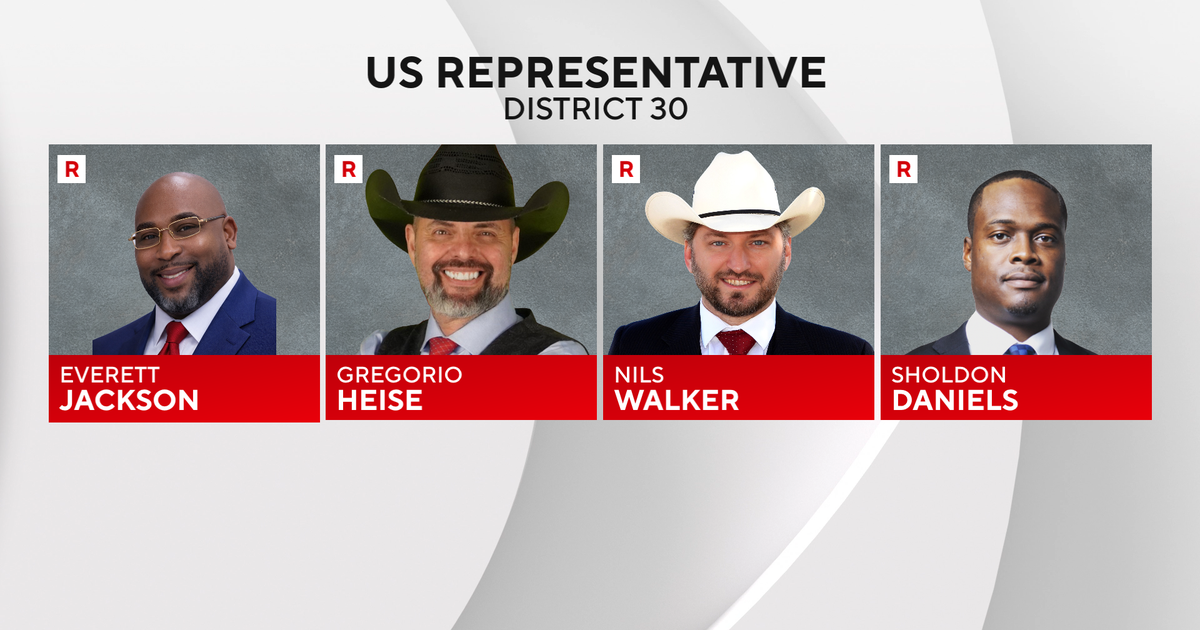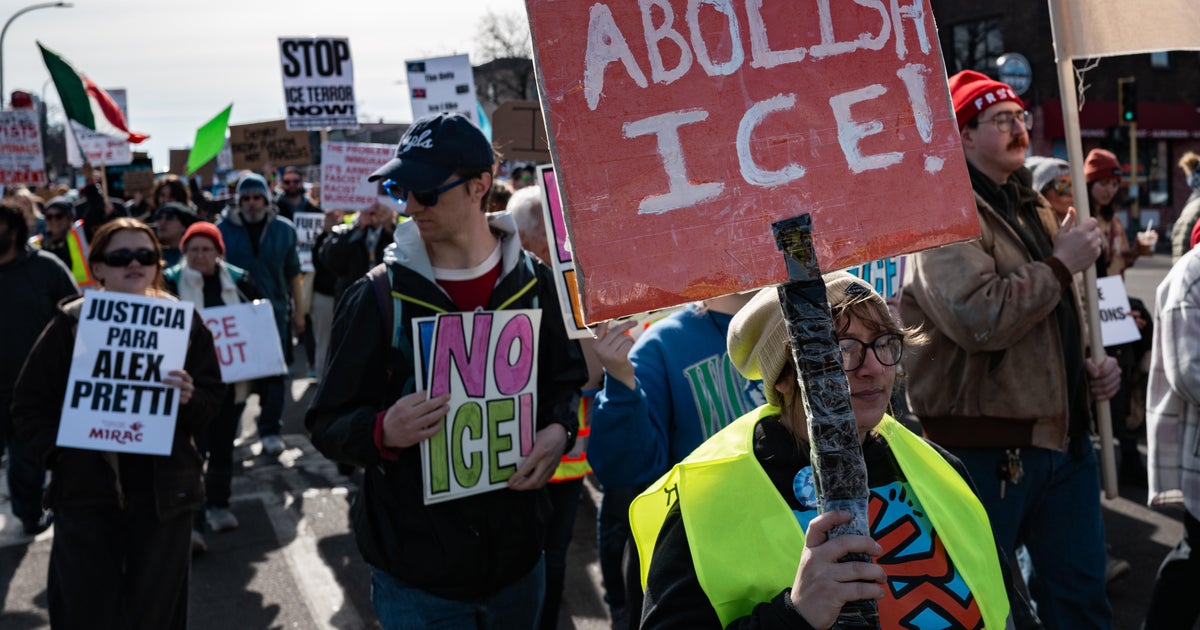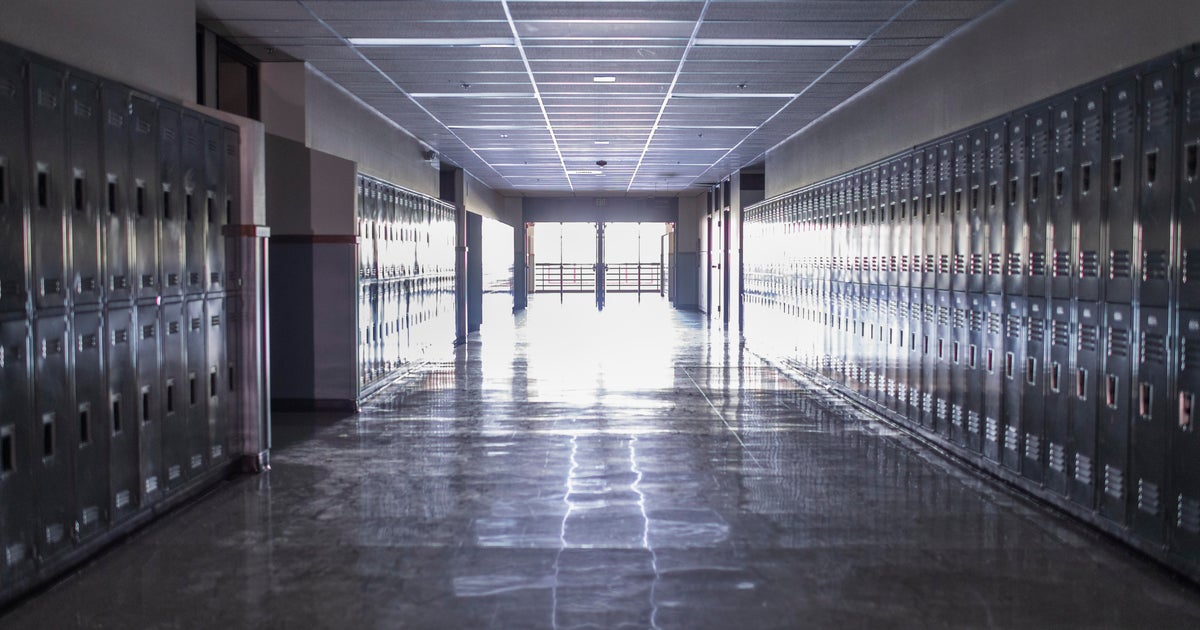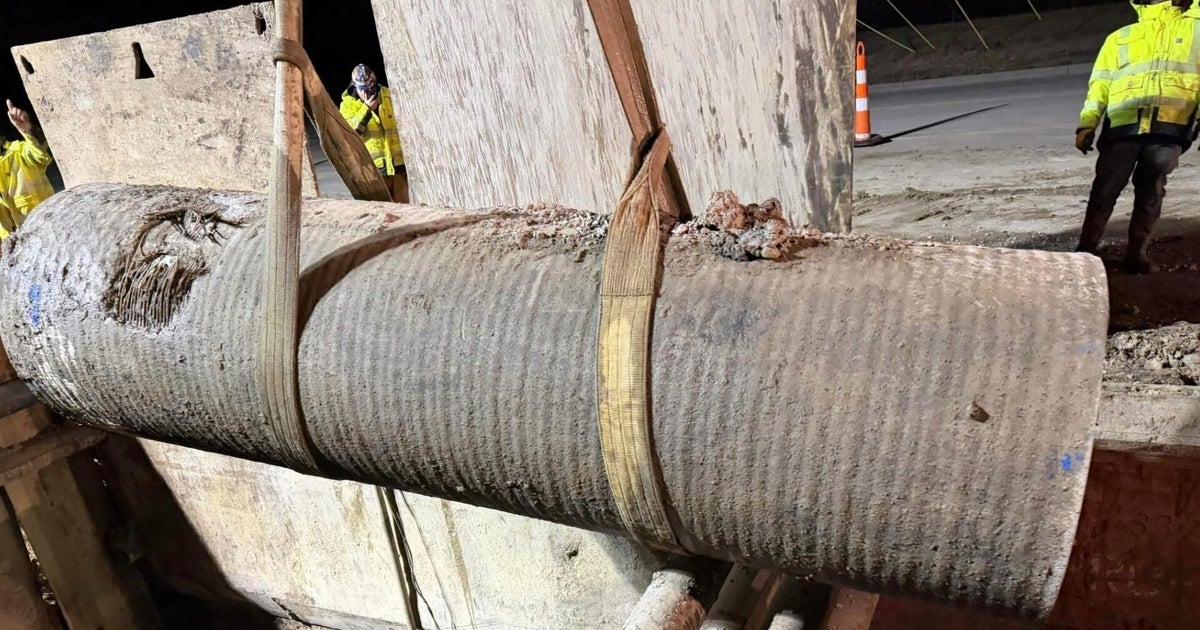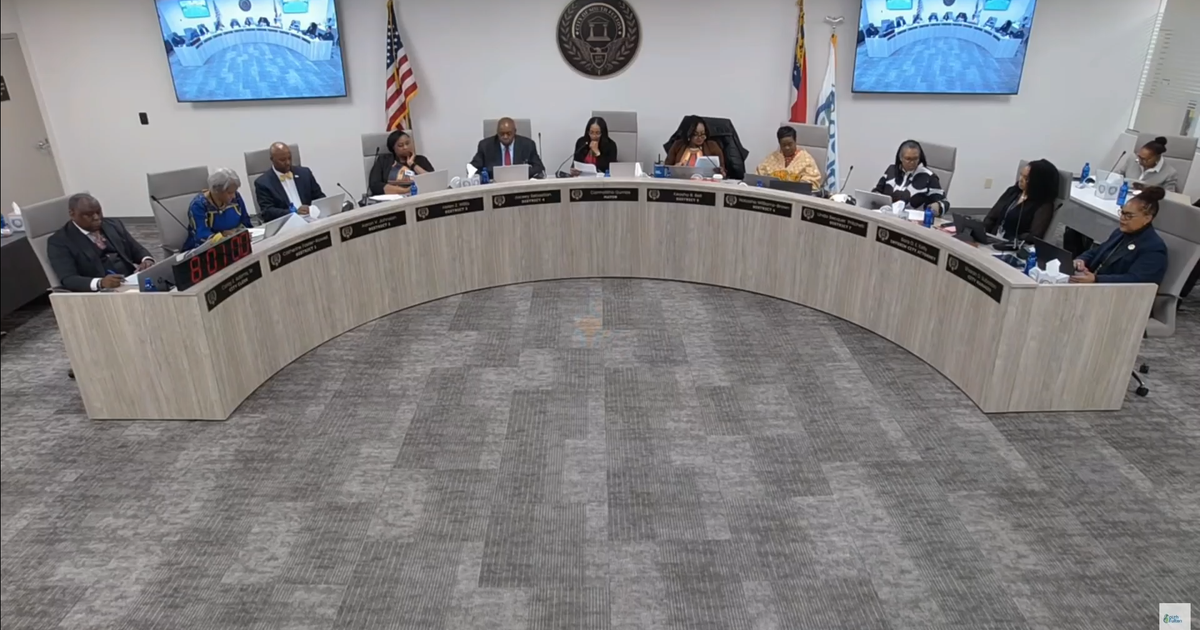New Haven Mayor Seeks To Extend Voting Rights To Illegal Immigrants
NEW HAVEN, CONN (AP) -- Already known as a refuge for people from other lands, New Haven is tightening its embrace of newcomers as its mayor seeks to extend voting rights to illegal immigrants and other non-citizens, a policy challenge that comes shortly after attacks on "sanctuary cities'' by Republican presidential candidates.
The Democratic mayor, John DeStefano, helped illegal immigrants come out of the shadows four years ago when he launched a first-of-its-kind program to give them city resident cards. Despite crackdowns elsewhere, he has forged ahead with proposals that he says are designed to find common ground in a diverse city.
"We're a place of differences,'' he said. "We're a place that sees a strength and places a value on welcoming folks from all over.''
Dozens of American cities including New York, San Francisco and Cambridge, Mass., take a hands-off approach to pursuing illegal immigrants. While advocates say they are rightly distancing themselves from a broken immigration system, critics accuse them of flouting federal law as "sanctuary cities'' a label not all of them accept.
Presidential hopeful Newt Gingrich has vowed to cut off federal funding for such cities. One of his rivals, Texas Gov. Rick Perry, pushed a bill this year that would have prohibited cities from acting as "sanctuaries'' for illegal immigrants and allowed local law enforcement to become more involved in immigration enforcement. Mitt Romney has said he opposed sanctuary cities as Massachusetts governor and, as president, he would ``find the right approach'' to ending them if legally possible.
President Barack Obama has resisted calls from some Republicans to crack down on sanctuary cities. As a Democratic candidate in 2007, he said the U.S. government should address the issue by providing a rational immigration system, not by withdrawing funds from cities that shelter noncitizens.
More than 70 cities and states nationwide bar police from asking community residents who have not been arrested to prove their legal status, according to the Immigration Policy Center, a nonpartisan research organization. For many, including New Haven, the goal is to make immigrants comfortable reaching out to police for help.
Those policies, however, do not prevent state or local police from reporting foreign-born criminals to the Department of Homeland Security.
New Haven, the home of Yale University, is a port city of 125,000 residents with a history of embracing liberal politics and social change. It was a hotbed for civil rights protests in the 1960s and, more than a century earlier, the city where African captives from the slave ship Amistad were jailed before winning their freedom in the 1840s.
The city has an estimated 10,000 to 12,000 illegal immigrants, resettles some 200 refugees annually and hosts roughly 2,000 noncitizens associated with Yale.
DeStefano long ago prohibited police from asking people about their immigration status. In addition to his pledge to seek legislative action allowing illegal immigrants to vote _ a proposal that many, including Democratic Gov. Dannel P. Malloy, see as unrealistic _ the 10-term mayor last week also spoke out against a federal immigration enforcement program, Secure Communities, which uses fingerprints collected in local jails to identify illegal immigrants who have been arrested.
DeStefano brushed off the Republican attacks as irrelevant to his city and suggested critics are using immigrants as scapegoats amid the weak economy.
``These are hard times right now in America,'' he said. ``Part of human nature is when you're angry to look for someone else to blame for your problems. I understand that.''
New Haven's immigrant-friendly reputation sets it apart from some other Connecticut communities, including next-door neighbor East Haven, where a U.S. Justice Department investigation found Monday that police had singled out Latinos for harassment and where a criminal investigation by the FBI could lead to indictments of individual officers.
With other states including Arizona, Alabama and South Carolina passing laws aimed at stopping illegal immigration, some newcomers to New Haven are grateful to not be under the same scrutiny.
``Here the police give people a break. If you're caught driving drunk or without a license, you'll still go to court. But they don't call immigration,'' said Nicolas Gutierrez, a 63-year-old deli worker from Mexico who's a permanent U.S. resident.
Bakery owner Francisco Barranco, however, said some of his customers are concerned that New Haven will receive more attention from federal immigration agents who could see DeStefano's actions as provocation, as many believe they have in the past.
In 2007, the day after New Haven began handing out resident cards to give noncitizens access to community services, U.S. Immigration and Customs Enforcement agents swept through the city and detained 31 immigrants. Critics, including DeStefano, contend the raid was retaliation for the city's adoption of the ID program _ a charge the agency has steadfastly denied.
DeStefano says that noncitizens, including illegal immigrants, already work and pay taxes in the city and that allowing them to vote in municipal elections would encourage them to participate more in the community. His office says that two dozen other states have seen similar legislation and that many cities and towns allow for voting in local elections, but the secretary of the state said it would require an amendment to the state constitution for it to fly in Connecticut.
Connecticut Republican Party Chairman Jerry Labriola has dismissed the proposal as a ``publicity stunt,'' saying it would reward illegal immigration.
The mayor has stronger backing on his stand against the new ICE initiative, Secure Communities, which he says would destroy the trust the city has built up with its illegal immigrants.
Hartford officials have joined him in calling on local officials not to honor detainer requests for immigrants who could be subject to deportation after being picked up for minor violations. And the governor's liaison on criminal justice policy, Mike Lawlor, said the administration shares concerns that illegal immigrants of all stripes will be targeted, and not just serious offenders.
An ICE spokesman, Harold Ort, said the program focuses on criminal offenders. He also noted that once a local law enforcement agency submits fingerprint data to any branch of the federal government, such as the FBI, the state does not have to sign off on that data being shared with other agencies.
DeStefano, for his part, seemed amused by the attention given to his latest proposals.
``When we did the resident card, everybody thought the world was going to explode. The world didn't explode,'' he said. ``We were a stronger place for it.''
What do you think of so-called sanctuary cities? Let us know in our comments section below...
COPYRIGHT THE ASSOCIATED PRESS


